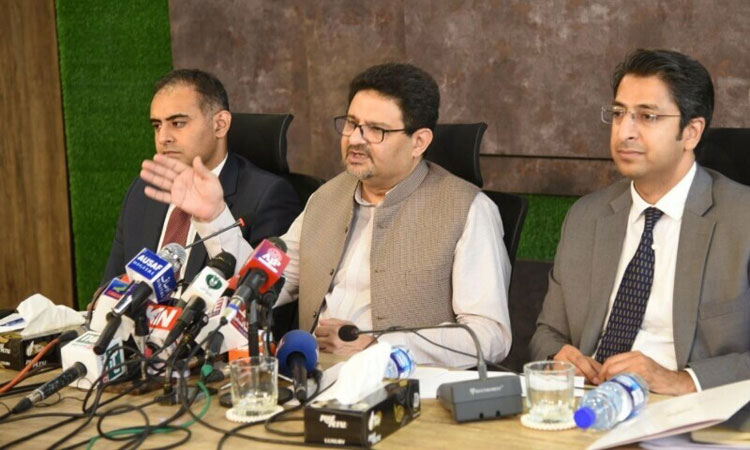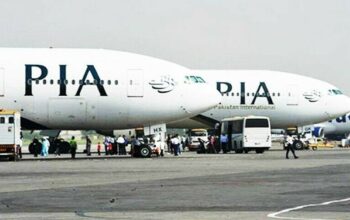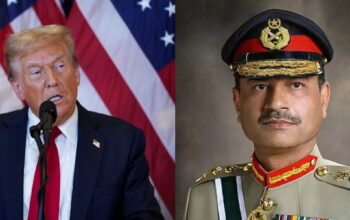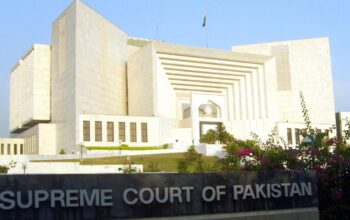By Staff Reporter
ISLAMABAD: The government has lifted an import ban on luxury goods, but has also planned heavy taxes and duties between 400 to 600 percent on such items to curb imports, a minister said on Thursday.
The ban was lifted to meet a condition of the IMF ahead of the lender’s meeting later this month to decide on a $1.17 billion tranches from the bailout package for the cash-strapped nation.
“We’re lifting curbs on all imports because it is a requirement of the international community and the IMF,” Finance Minister Miftah Ismail told a news briefing.
Ismail said the ban would end but with a price on importers as heavy duty would be imposed to make the import costly.
“… we will try to impose thrice the existing RDs (regulatory duties) and on imports of some items, the RDs would be between 400-600 percent as the country did not have foreign exchange to spend on luxuries like Mercedes cars.”
Pakistan banned the import of all non-essential luxury goods in May to avert a balance of payments crisis and stabilise the economy. The country’s imports fell by more than a third in July after the ban on non-essentials. Data showed July imports fell to $5 billion, down 35 percent from June’s record monthly high of $7.7 billion
Ismail said heavy duties will be imposed on completely built-up (CBU) commodities – cars, mobile phones, and electronic appliances – and apart from them, the imported fish, meat, purse, and other such non-luxury items.
“With our limited resources, we will prioritise flour, wheat, cotton, and edible oil instead of iPhones and cars. We will remove the bans but impose prohibitive duties in the form of RDs, customs duties, and sales tax so their import does not rise.”
The minister said, “the imports will remain weak on the kind of RDs government planned”. “If you want to maximise revenue, you impose 50 percent RDs. But if you impose 500 percent RDs, it means you do not want imports to happen at all.”
Ismail said the government’s objective was not just to allow imports, but it was to fulfill international and IMF demands, while also keeping the current account deficit in check.
The IMF board will meet on August 29 to decide whether to approve the seventh and eighth reviews, which would allow the disbursement of more than $1.17 billion to Pakistan.
Talking about the restoration of the stalled bailout package, Ismail said the IMF wanted Pakistan to ensure funds amounting to $6 billion for which it needs to secure $4 billion in funding from other countries, which has been arranged.
The United Arab Emirates had already announced it would invest $1 billion … reports about the other $3 billion have been received but since those countries have not announced it … when they announce it, we will announce it too. But the IMF has announced its meeting which means they have received confirmation from those countries.”
Copyright © 2021 Independent Pakistan | All rights reserved




